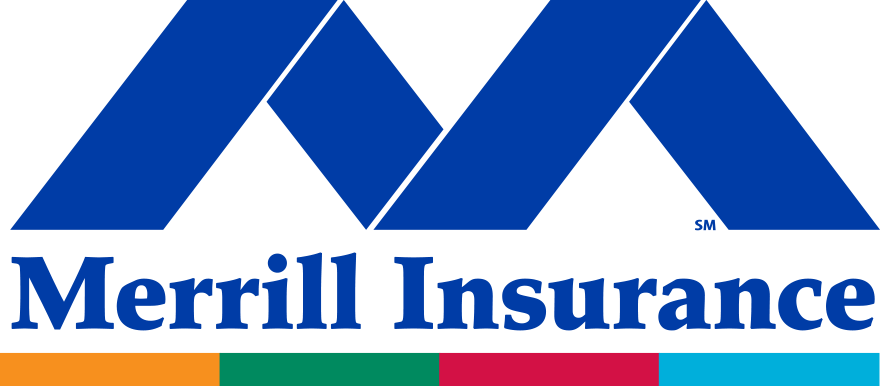Homeowners Insurance rates in Florida are increasing by the day putting more and more pressure on homeowners’ pockets. If you are thinking of purchasing insurance, be prepared to shell out a lot more money than you would in other states. We’re discussing some of the main reasons why below, but make sure to read all the way through to the end.
Why are Homeowners insurance premiums getting more expensive in the Sunshine State?
1. Increased Losses from Hurricanes and other Natural Disasters
The state of Florida has been hit especially hard by natural disaster events in years past, and carriers expect the likelihood to increase even further. This is because Homeowners insurance policies usually cover a wide range of losses, including fires, theft, hurricanes, tornadoes etcetera. Because of this, property damage and loss claims have already been on the rise due to in recent years.
The reason for this increase is the general rule of the insurance industry; the higher the risk of damage to a property, the higher premium on its insurance. Areas in Florida, especially flood-prone or coastal neighborhoods, have even higher rates than the rest of the Sunshine State.
2. Insurance Fraud
As if natural disasters weren’t catastrophic enough for insurance companies, Homeowners insurance companies have seen an enormous increase in fraudulent claims. Homeowners insurance claims and resulting lawsuits are the directly increasing your Homeowners premium, so let’s talk about that. These claims arise mostly by the construction (including plumbing and roofing) and legal industries whose business modeled are rooted in insurance work. Let us first start by saying – there are “good guys” in these industries – they are not the ones we’re talking about here.
An example: Say your insurance company tells you that you need to replace your roof before you receive your renewal and you call a roofing company whose shiny postcard you’ve received in your mailbox. The contractor comes to your house, and encourages you to file an insurance claim for a new ‘free’ roof – they may even say they will pay your deductible for a “free roof”. After you file a claim, your insurance company sends an inspector to verify if the roof even requires a replacement and denies the claim. The inspector concludes that replacement is unnecessary as there is no damage but the shingles are worn and should be replaced as part of your routine homeowner maintenance. The contractor then works with their attorney contact to file a lawsuit against the company. The attorney then capitalizes on a loophole in legislation allowing their firm to cash in on “fee multiplies” of up to 30 times more than the check you receive as the homeowner from your insurance company. Within just the first three quarters of 2021, this scam has led insurers in Florida to suffer $1.22 billion of losses in litigation costs alone. In fact, from 2013 to 2020, Florida’s property insurers paid out $15 billion in property claims costs, however only 8% was paid to consumers, while 71% was paid to attorneys.
Because of the unscrupulous claims in Florida, the insurance companies must pass on this litigation cost to their customers, increasing their policies’ premiums.
3. Inflation
The rising inflation has a direct impact on insurance costs. Most Homeowners policies are written on a Replacement Cost basis, meaning the cost to replace your home or damaged property without deduction for depreciation. Since the beginning of 2020, the cost of construction materials and labor has skyrocketed resulting in the increase in premium costs for the Homeowner.
This increase is because the insurance company would have to pay the increased price of construction for any repairs or reconstruction in the case of damage to your property or your home.
So What is The State of Florida Doing to Control This Wild Homeowners Insurance Price Hike?
Simply put, Floridians are in desperate need of legislation. Recently, a special session by The Florida Legislature has come up with some solutions to curb this rise in homeowners’ insurance prices, but we have a long way to go.
Legislators (our elected officials – and homeowners themselves) decided to create a $2 billion reinsurance fund for insurance companies and cracked down on contractors and attorneys soliciting roof claims and lawsuits.
They’ve forbid insurers from automatically denying coverage due to a roof’s age. Properties with over 15 years of roof age are still allowed inspection before coverage denial. If an inspection shows that a roof has at least 5 years of life remaining, insurance companies cannot refuse to issue a policy based on the roof’s age alone.
